Weekly Market Overview
An update on the Euro and the American dollar in light of recent events.
This week our gaze draws back to Europe. In our previous look at the euro we talked about how much it has strengthened this year, based on positive economic reports and favorable election outcomes. Let’s take a look at the situation in Europe now.
The euro has been the shining star of Forex trading this year, gaining a remarkable 11.5% on the USD so far in 2017. In recent weeks investors’ appetites towards the euro increased amid an expectation that the European Central Bank will change its monetary policy toward a less dovish approach that supports an even stronger euro. Some analysts have even suggested that we may see a parity between the EUR and the British pound in the coming months. However, ECB chief Mario Draghi has not given any real indication that he plans to cut the stimulus program anytime soon.
Now the euro is easing a little bit against the dollar as analysts prepare for the upcoming Jackson Hole conference on August 24-26, where Draghi will speak. The small drops in the price of the euro are likely a result of investors’ impatience regarding the ECB decision on monetary policy.
On Wednesday the euro dropped from its 2015 height level and went 2% down to 1.1691 USD and 1.13960 CHF.
Furthermore, the euro was able to gain on the dollar because of the political turmoil in the United States. Recent tensions with North Korea, as well as a neo-nazi attack both rattled the United States over the past two weeks. However, things seem to be cooling down with North Korea, and the US released some favorable data on retail sales (up by 0.6 in July) which helped the USD find a more solid ground. If the economy fares well and inflation increases, investors would again look to the dollar as an attractive trading instrument and expect the Federal Reserve to increase interest rates again.
However, economic data from the United States has fluctuated throughout 2017. Inflation and wage growth haven’t been at the expected levels, and the Federal Reserve has been extremely careful about adjusting its policies. This is why right now another rate hike is unlikely. Even if rates are increased in the coming months, analysts don’t expect multiple hikes, as was initially planned.
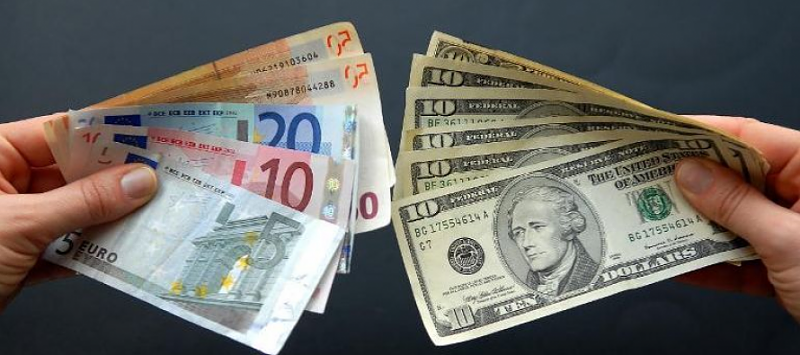


 2Likes
2Likes LinkBack URL
LinkBack URL About LinkBacks
About LinkBacks






 Reply With Quote
Reply With Quote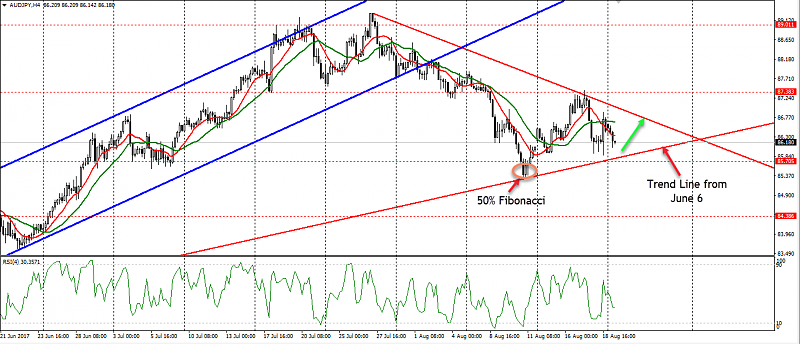
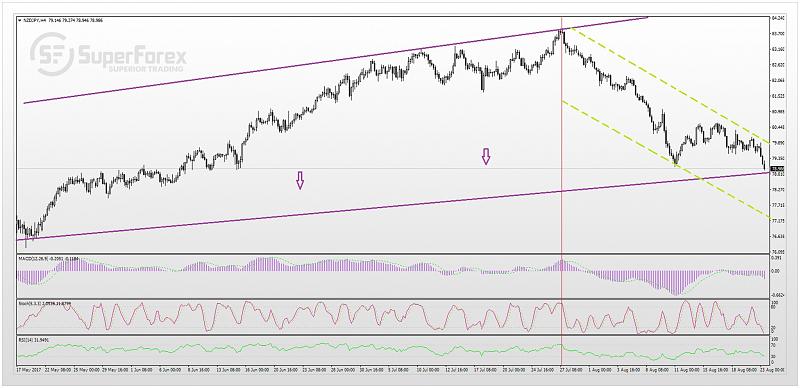
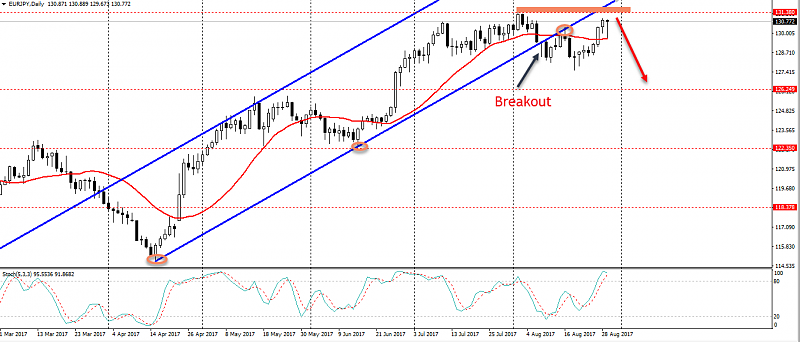
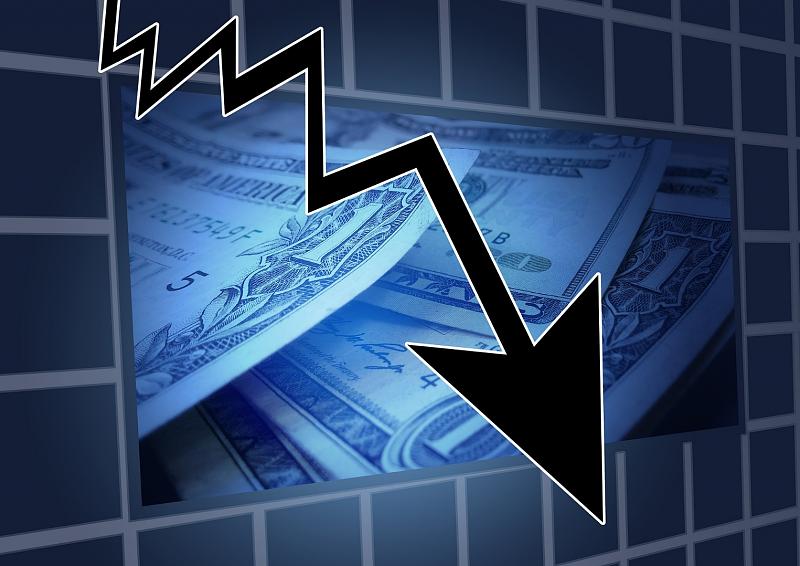

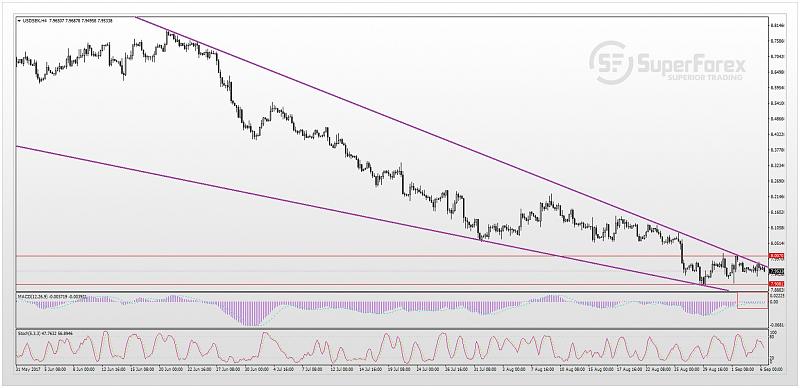
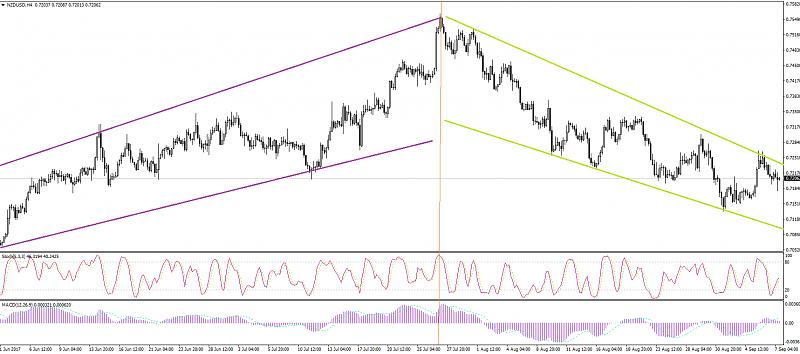

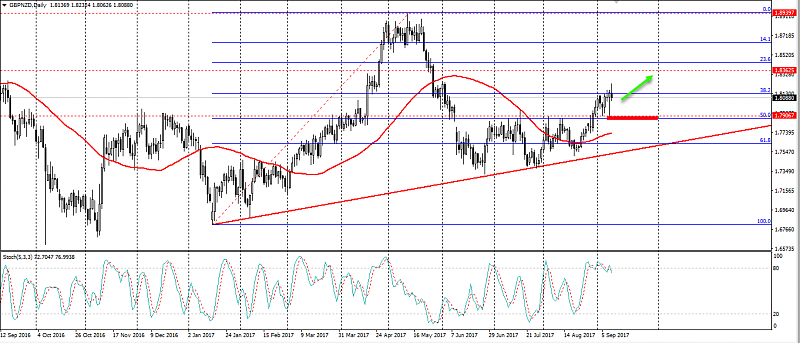


Bookmarks